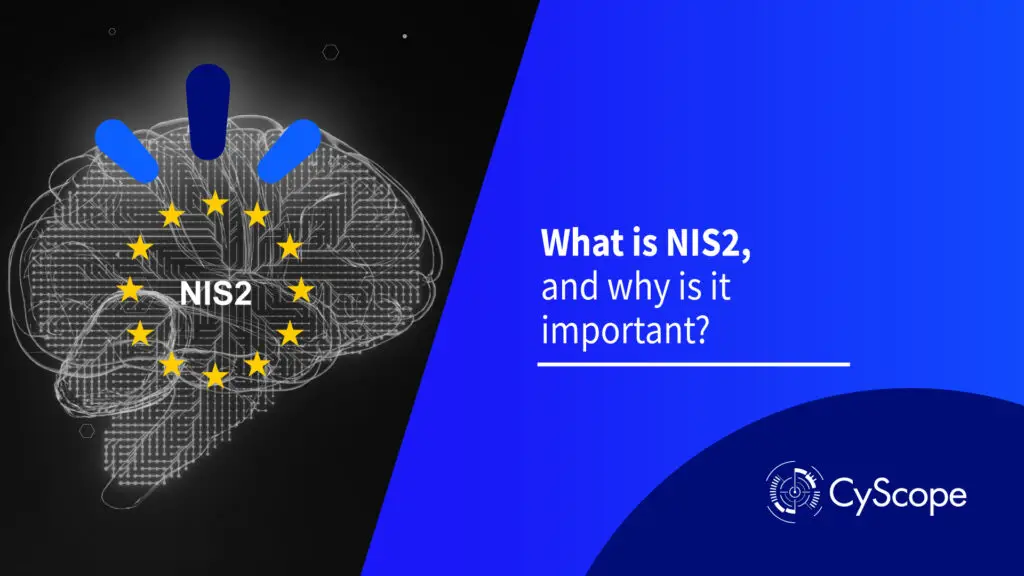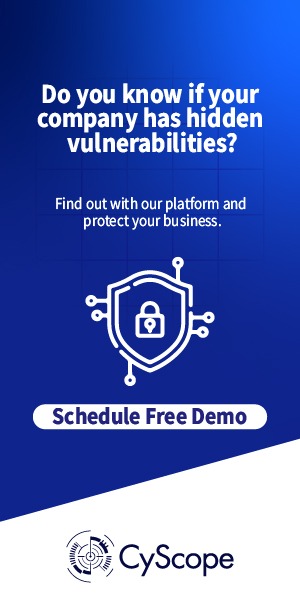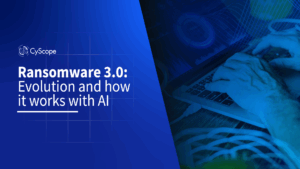Cybersecurity is an increasingly critical issue for companies of all sizes and sectors, and with rapid digitization, the risks have also increased significantly. In this context, the NIS2 (Network and Information Security) Directive emerges, an update of the original NIS directive implemented by the European Union in 2016. NIS2 responds to the growing digital threats, with an updated framework that sets higher standards for the protection of critical infrastructure and services across the region.
Below, we will explore what is NIS2, how it differs from its predecessor, and why it is essential for all companies that want to secure their operations in the digital realm.
What is NIS2?
The NIS2 Directive is a European Union regulation that aims to improve the security of networks and information systems for critical and highly relevant sectors. This update was approved in December 2020 and replaces the original NIS Directive. With NIS2, a stricter and broader framework is established that applies not only to EU Member States, but also to a wider number of sectors and services than in the initial directive, such as transport, finance, energy and telecommunications.
One of the main objectives of NIS2 is to achieve a common level of cybersecurity across the European Union to protect both companies and their users from the growing threats in the digital domain. In addition, it introduces clear requirements for companies in terms of incident reporting, risk management and mandatory security measures.
You might be interested: Cybersecurity in mining industry: How does it affect your company
Differences between NIS and NIS2
NIS2 takes the fundamentals of the original NIS Directive and expands them to adapt to a much more complex and dangerous digital environment. Key differences include:
- Broader sectoral coverage: Unlike NIS, which was limited to certain critical sectors, NIS2 extends its requirements to more industries, including less traditional but equally vulnerable sectors.
- Tighter security standards: The NIS2 directive requires companies to adopt cybersecurity measures that were previously recommended, but are now mandatory. This includes security audits, risk assessments and better management of service providers.
- Stiffer penalties: NIS2 also imposes stricter penalties for those who fail to comply with the regulations, in order to reinforce companies’ responsibility and commitment to digital security.
- Coordination among member states: The NIS2 drives collaboration among EU member states in a way that facilitates a joint and effective response to global threats.
Why is NIS2 important for companies?
The implementation of NIS2 represents a significant change in corporate cybersecurity. This directive seeks to create a Europe-wide protection network, where the security of one country depends on that of all the others. Here are some points that highlight the importance of NIS2 for any company:
1. Clearer and more specific security obligations
NIS2 introduces a list of clear and specific obligations, ranging from risk identification and management to incident response. This means that companies now have a much more structured framework for action, which facilitates the implementation of security strategies.
2. Protecting reputation and sensitive data
Complying with NIS2 not only helps avoid penalties, but also protects a company’s reputation. A cybersecurity incident can be devastating to the image of any business, and NIS2 helps reduce those risks by providing a reliable security foundation to protect the sensitive data of customers and business partners.
3. Market competitiveness
With the implementation of NIS2, companies operating in the EU can demonstrate their commitment to security and comply with current regulations, which improves their competitiveness in the market. Customers and partners have more confidence in a company that complies with the required security standards.
4. Financial risk mitigation
Effective cybersecurity not only prevents financial losses from cyber-attacks, but also potential fines for non-compliance. NIS2 penalties can be significant, so having a compliant cybersecurity structure in place becomes an important long-term investment.
5. Senior management accountability
One of the novel elements of NIS2 is that it imposes greater accountability on senior management, who must ensure that security policies are implemented effectively. This fosters a security culture that starts at the highest levels of the organization, strengthening resilience to potential threats.
Read more: NIST CSF and Pentesting: Definition and importance
Conclusion: What is NIS2?
The NIS2 directive is an essential update that seeks to ensure a uniform level of digital security across the European Union. With its implementation, it establishes a common cybersecurity standard for multiple sectors, with the aim of reducing the vulnerability of companies to cyberattacks and emerging threats.
For companies operating in the EU, NIS2 compliance is not only an obligation, but also an opportunity to strengthen their image, improve their security and ensure the trust of their customers and partners.
Implementing NIS2 requirements may seem like a complex challenge, but the effort is worth it: it protects not only the organization, but also users and the digital ecosystem as a whole. Ensuring that you have a robust cybersecurity plan that complies with NIS2 is certainly a step towards a more secure and reliable operation.
Do you want to know how to strengthen your company’s security and comply with regulations such as NIS2? Contact CyScope to receive specialized cybersecurity advice and protect your business against digital threats!





